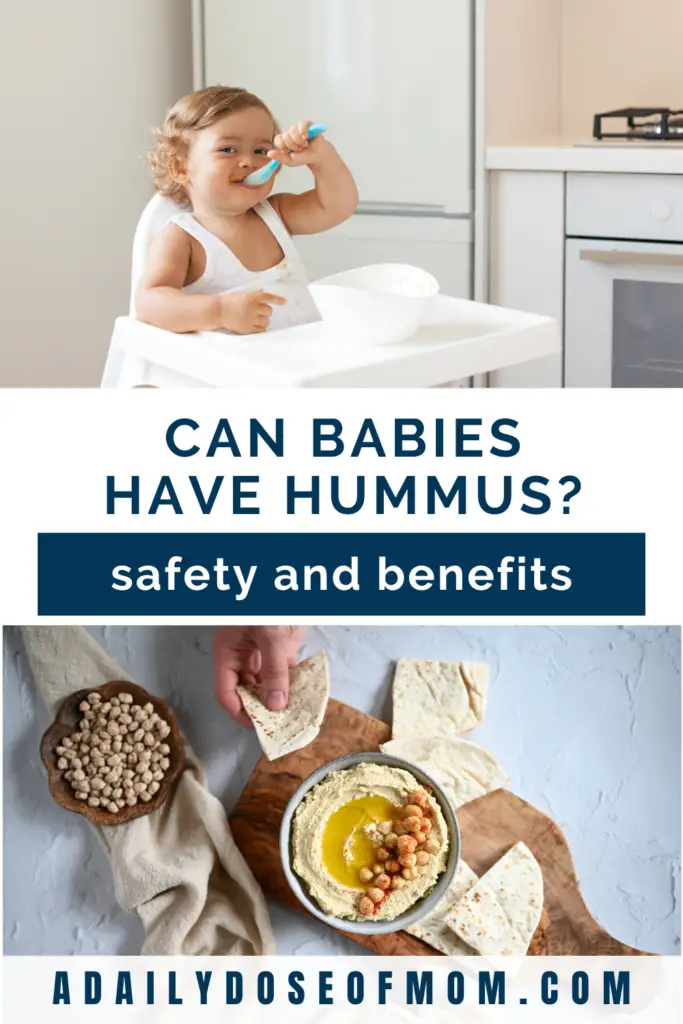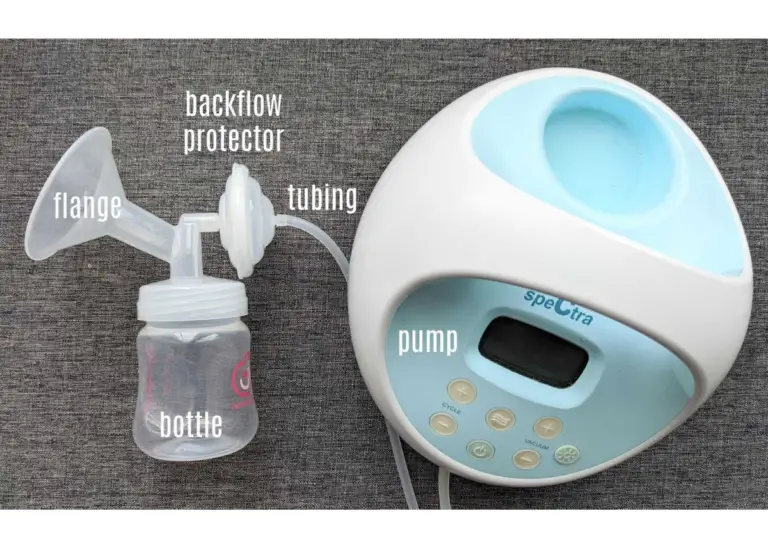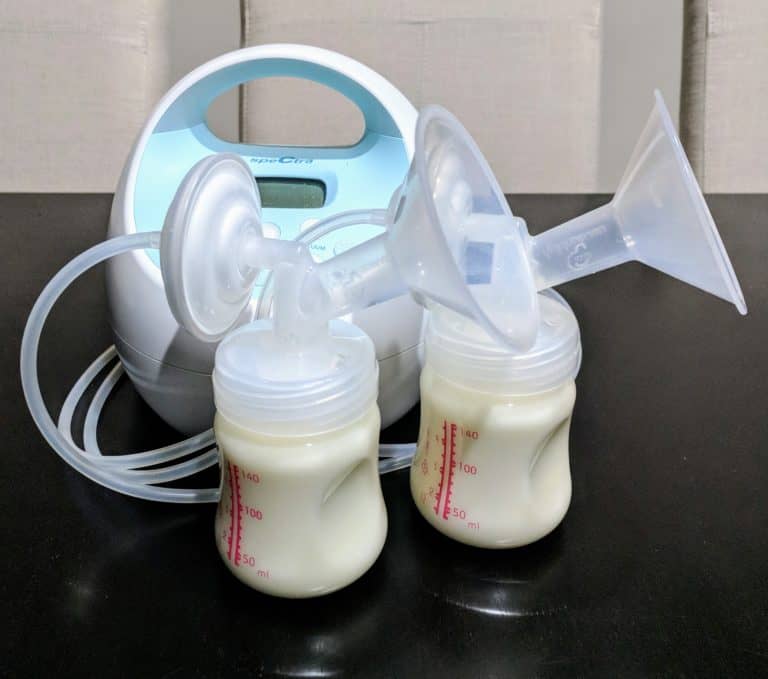Can Babies Have Hummus? Exploring the Safety and Benefits for Little Ones
As a mom, you’re always looking for ways to make sure your baby is getting the nutrition they need. You know that a balanced diet is essential to their growth and development.
But you may be wondering if hummus is a healthy option for your little one. Can babies eat hummus? Is it safe for babies? What nutritional benefits can it provide? How do you serve it to your baby?
In this blog post, we’ll answer these questions about hummus and more. We’ll also provide tips for introducing hummus to your baby and an amazingly simple recipe for homemade hummus. So, can babies have hummus? Read on to find out!
This post contains affiliate links, which means I receive a small commission, at no extra cost to you, if you make a purchase using this link. Please see my disclosure for more details.
Introduction to Hummus and Its Nutritional Benefits
Yum! I love hummus! It’s so creamy and delicious. And a perfect addition to those vegetables we have to eat. 😉
Hummus is a Middle Eastern dip made from cooked, mashed chickpeas, tahini (a paste made from ground sesame seeds), garlic, lemon juice, olive oil, and salt. It’s a popular snack and appetizer that is served with vegetables, pita bread, and other dishes.
Hummus is high in protein, fiber, and other nutrients. This makes it a healthy choice for adults and children alike. It’s also low in sugar and fat and is free of common allergens, such as dairy and nuts. It’s an excellent source of folate, which is important for the development of your baby’s brain and nervous system. In addition, hummus is a great source of iron, which helps to prevent anemia, and zinc, which is important for a healthy immune system.
But is hummus okay for babies to have?
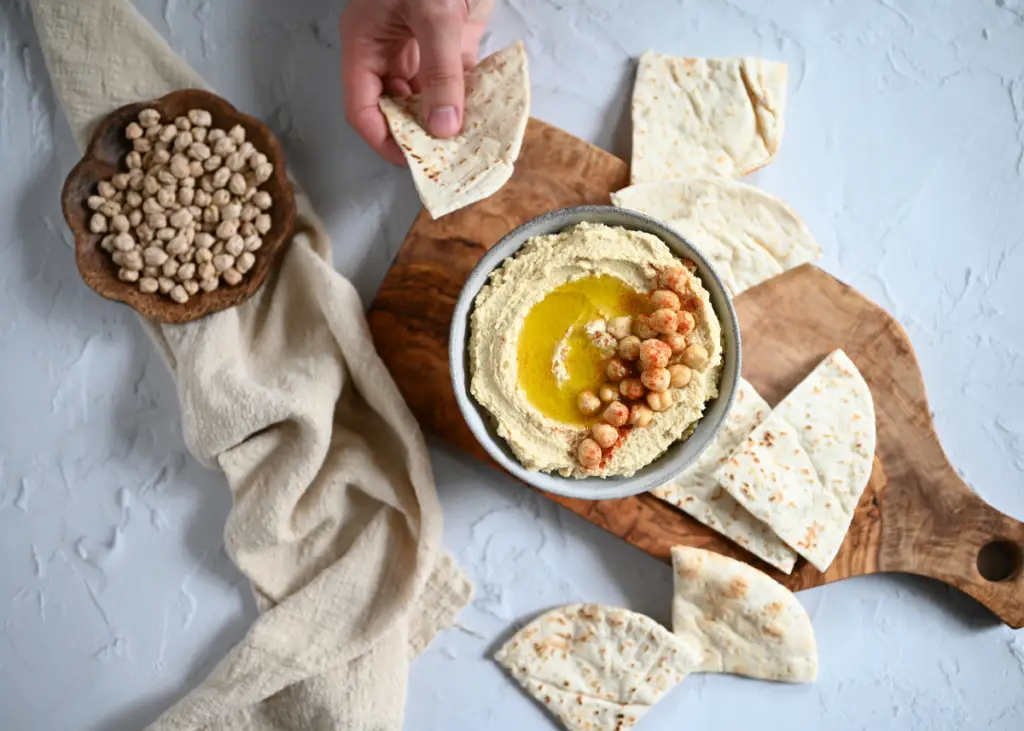
Is Hummus Safe for Babies and When Can They Start Eating it?
Yes, hummus is safe for babies. Yay!
But when can babies have hummus? The American Academy of Pediatrics (AAP) recommends introducing solid foods to your baby around 6 months of age. At this age, babies can have mashed or puréed cooked chickpeas. Once a baby can eat mashed or puréed foods, he or she can have hummus!
However, be sure that the hummus you serve to your baby is puréed well with no solid pieces of chickpeas remaining. This could be a choking hazard!
It’s also important to watch for signs of a food allergy. If your baby has any symptoms after eating hummus, such as hives, vomiting, or difficulty breathing, contact your pediatrician right away.
If you’re unsure, it’s always best to consult your pediatrician before introducing any new food to your baby.
Nutritional Considerations of Hummus for Babies
While hummus is a healthy option for babies, it’s important to keep some things in mind. Hummus is high in sodium, so it’s important to limit the amount your baby consumes. Even better, opt for low-sodium or unsalted versions of hummus.
Some store-bought hummus and recipes come in different flavors, such as red peppers, garlic, or onions. If you’re making your own hummus for your baby, these ingredients should be omitted as they can be too strong for a baby’s delicate digestive system.
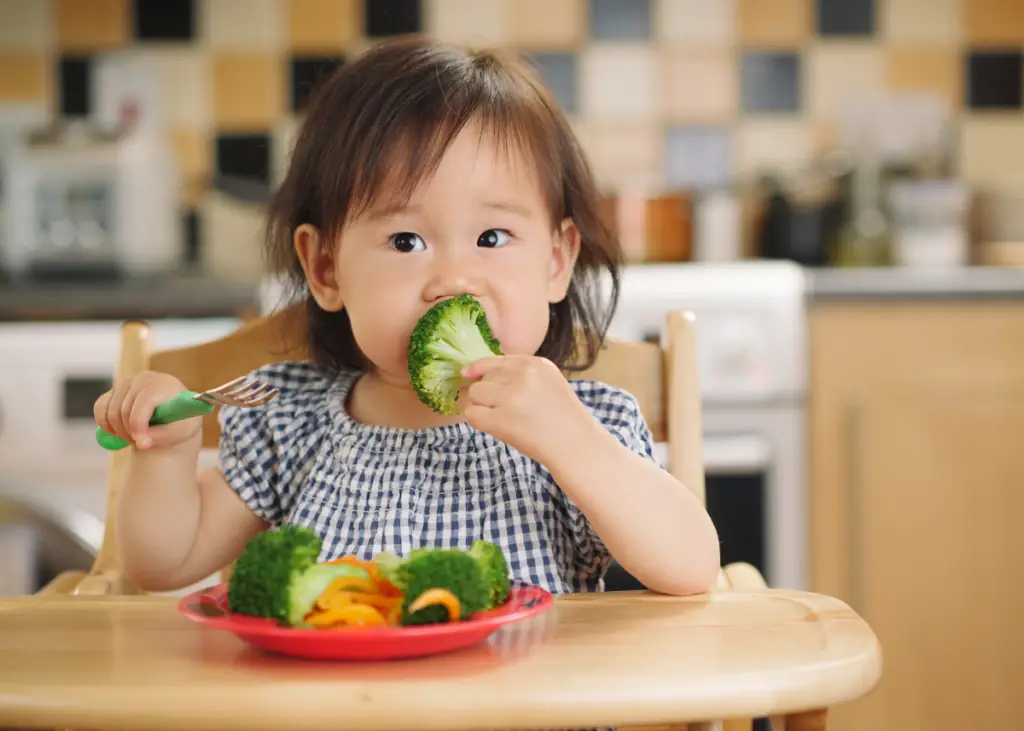
How to Serve Hummus to Babies
Once your baby is ready to try hummus, there are a few ways you can serve it. One way is to mix it with pureed vegetables, such as carrots or sweet potatoes. This makes a flavorful and nutritious meal for your baby. You can also mix it with cooked grains, such as quinoa, to make a savory dish.
If you decide to do baby-led weaning, you can serve hummus with vegetables or pita bread cut to the size of a finger.
Let your baby explore the taste and texture at their own pace. Encourage self-feeding and provide a safe environment for them to explore different flavors.
Simple Homemade Hummus Recipe for Babies
Making your own hummus is a great way to ensure that your baby is consuming only the highest quality ingredients. Here is an amazingly simple recipe for homemade hummus that would be great to serve to your baby!
Ingredients:
- 1 can (15 oz) chickpeas, drained and rinsed
- 2 cloves of garlic
- 1/4 cup of fresh lemon juice
- 1/4 cup of tahini
- 3 tablespoons of olive oil
- Salt and pepper to taste
Instructions: In a food processor, add the chickpeas and garlic. Pulse until coarsely chopped. Add the lemon juice, tahini, olive oil, salt and pepper. Process until smooth. Taste and adjust the seasoning as needed. Enjoy!
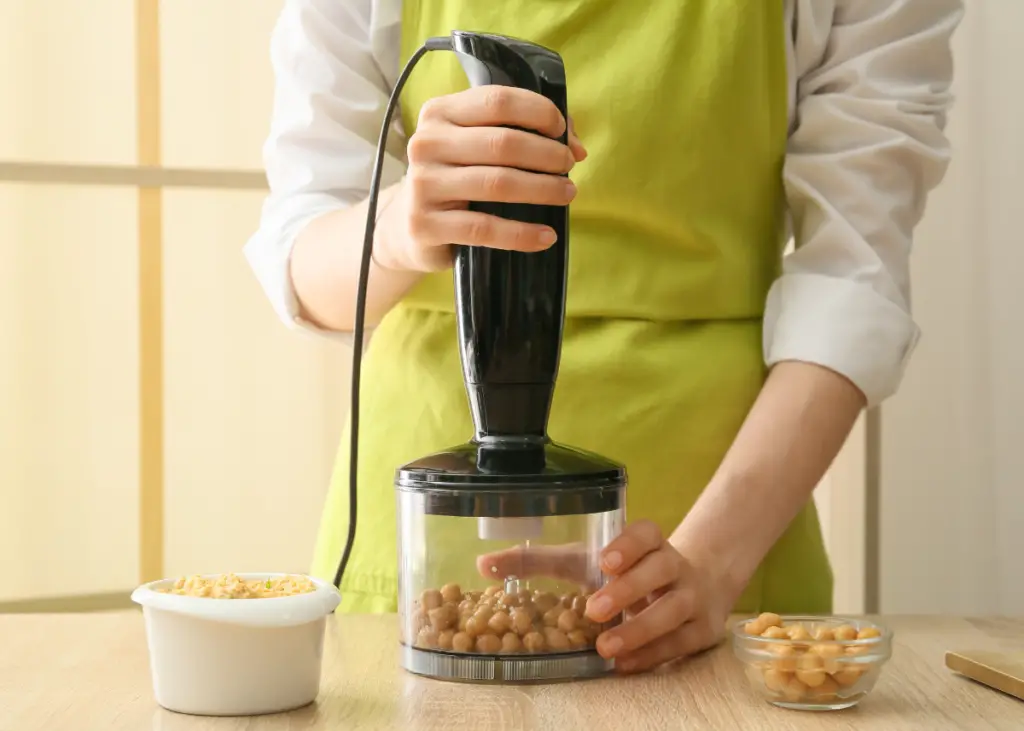
Store-Bought Hummus Options for Babies
If you prefer convenience, there are store-bought hummus options available. Look for brands that use high-quality ingredients and have minimal additives or preservatives. Always check the label for age recommendations and be mindful of the sodium content.
Other Healthy Dip Alternatives for Babies
But what if your baby doesn’t seem to enjoy hummus or you want to offer some variety? There are other healthy dip alternatives to consider. Mashed avocado, yogurt dips, or pureed roasted vegetables are excellent options to introduce new flavors and textures to your baby’s diet.
FAQs

Let Your Baby Enjoy Hummus
So, can babies have hummus? The answer is yes! Hummus can be a nutritious and delicious addition to your baby’s diet. As the AAP recommends, introduce hummus and other solid foods when your baby is around 6 months of age. Also, serve it to your baby in moderation and be mindful of the nutritional considerations we discussed.
Do you plan on serving hummus to your baby? Comment below!

